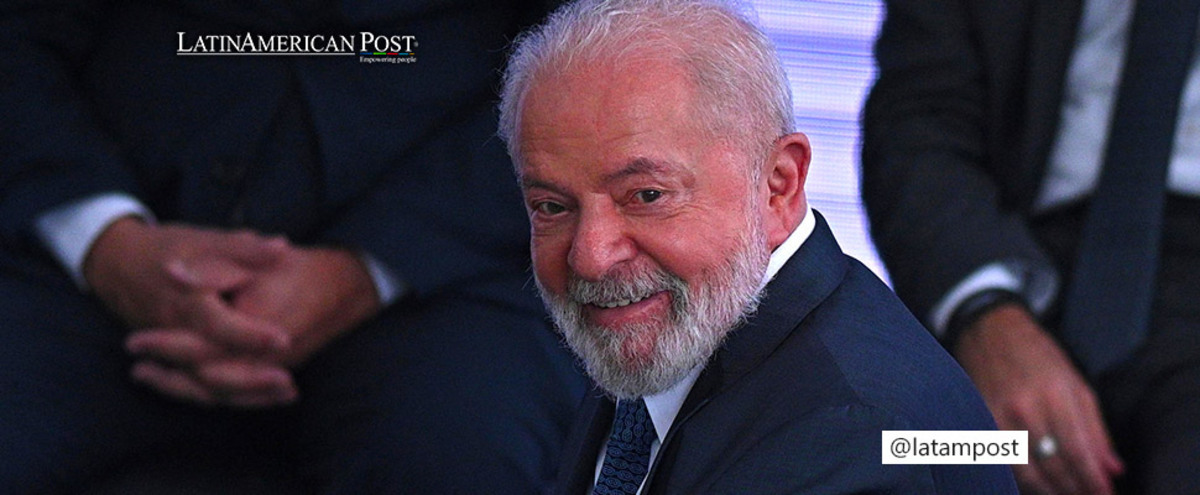Independence In The Health Sector: This Is Lula’s Strategy To Achieve It In Brazil
Lula launched this Tuesday a mega strategy to make Brazil an autonomous country in the health sector. The idea will be not to depend on imports of foreign inputs for the sector. Here we explain .

Photo: EFE/Andre Borges
EFE
Listen to this article
Leer en español: Independencia en el sector salud: Esta es la estrategia de Lula para lograrlo en Brasil
The president of Brazil, Luiz Inácio Lula da Silva, launched this Tuesday a complex strategy to strengthen health in the country, and guarantee universal access to this right and the autonomy of the South American giant in the sector.
With an investment of 42,000 million reais (about 8,467 million dollars), the strategy seeks to expand national production of priority items for the national health system and reduce foreign dependence on supplies, medicines and vaccines, among others.
The idea is that in 10 years the country produces 70% of the inputs necessary for the sector.
"What is happening today is the realization of a dream that we had in mind for a long time," Lula said during the launch of the strategy, at the Planalto presidential palace.
Read also: What Will Happen To Mercosur After The Elections In Argentina?
According to the progressive leader, Brazil needs to transform itself into a great nation and put aside that "street dog" complex that dwarfs it, for which, he noted, he expects everyone to work so that the country grows.
The Government's idea is to reinforce the prevention, diagnosis and treatment of diseases such as tuberculosis, Chagas disease, HIV and viral hepatitis, without neglecting other emergencies of the public health system – such as cancer, diabetes, diseases cardiovascular, dengue, orthopedic trauma and health emergencies.
Independence in the health sector, how to achieve it?
To address these objectives, six programs will act as the backbone of the strategy in which eleven ministries and other public entities participate under the guidance of the Health and Development, Trade and Industry portfolios, with active participation from the private sector.
According to the Minister of Health, Nísia Trinidade Lima, Brazil currently imports 20 billion dollars in products that are used in the sector, so the idea is to overcome that dependency.
Health in Brazil, he said, today represents 10% of the country's Gross Domestic Product (GDP) and guarantees the generation of 20 million direct and indirect jobs.
To carry out this plan, Lula's Government plans a large investment in which the private sector is expected to contribute more than half (about 23,000 million reais or 4,637 million dollars).
With these investments, it is expected to supply the Unified Health System (SUS) with Brazilian production and technology and stop, in a period of 10 years, the growth of the health trade deficit, which in 2013 was at 11 billion dollars and today reaches the 20 billion dollars.





